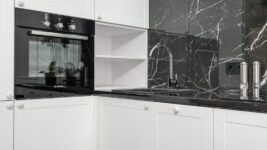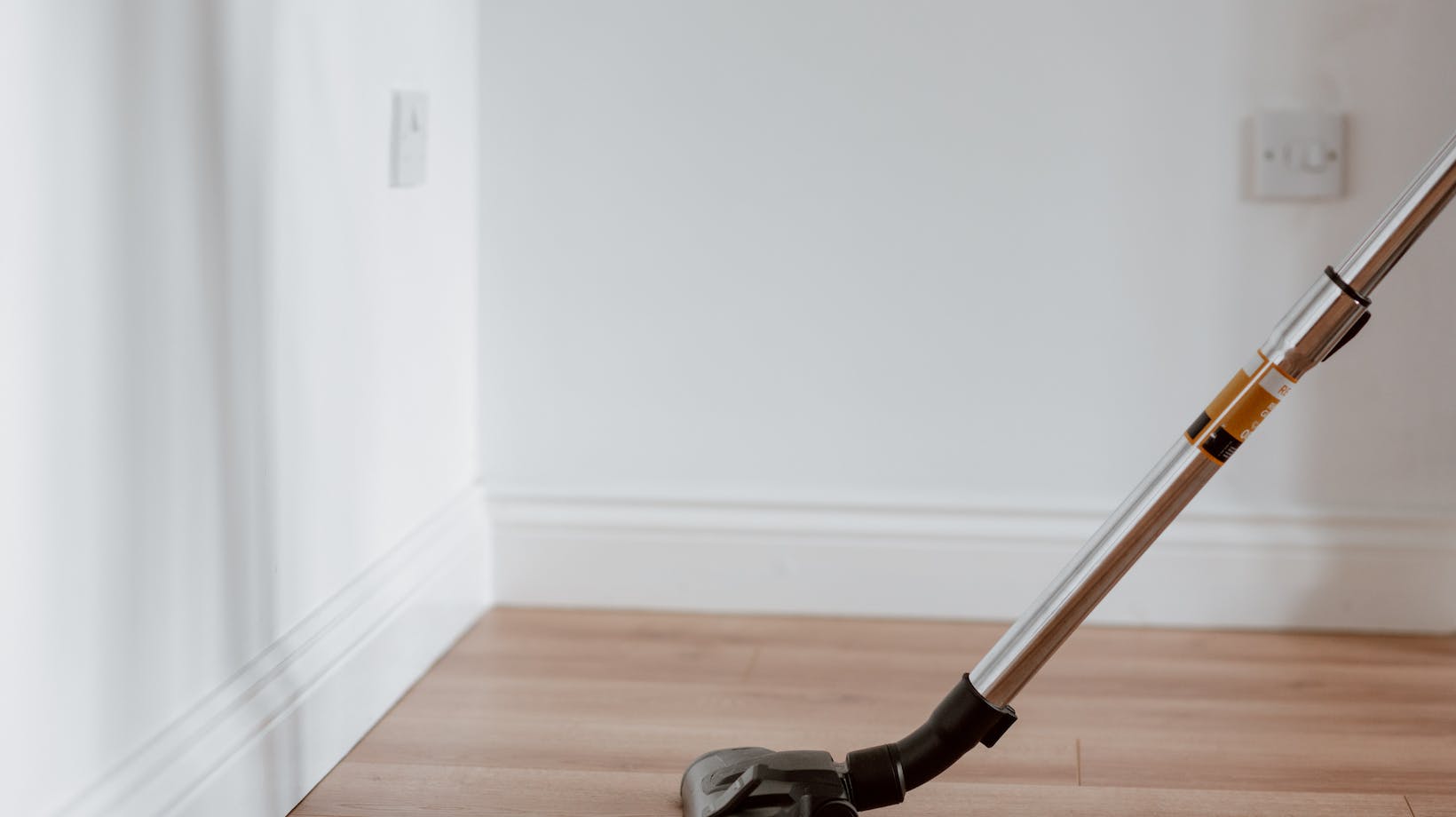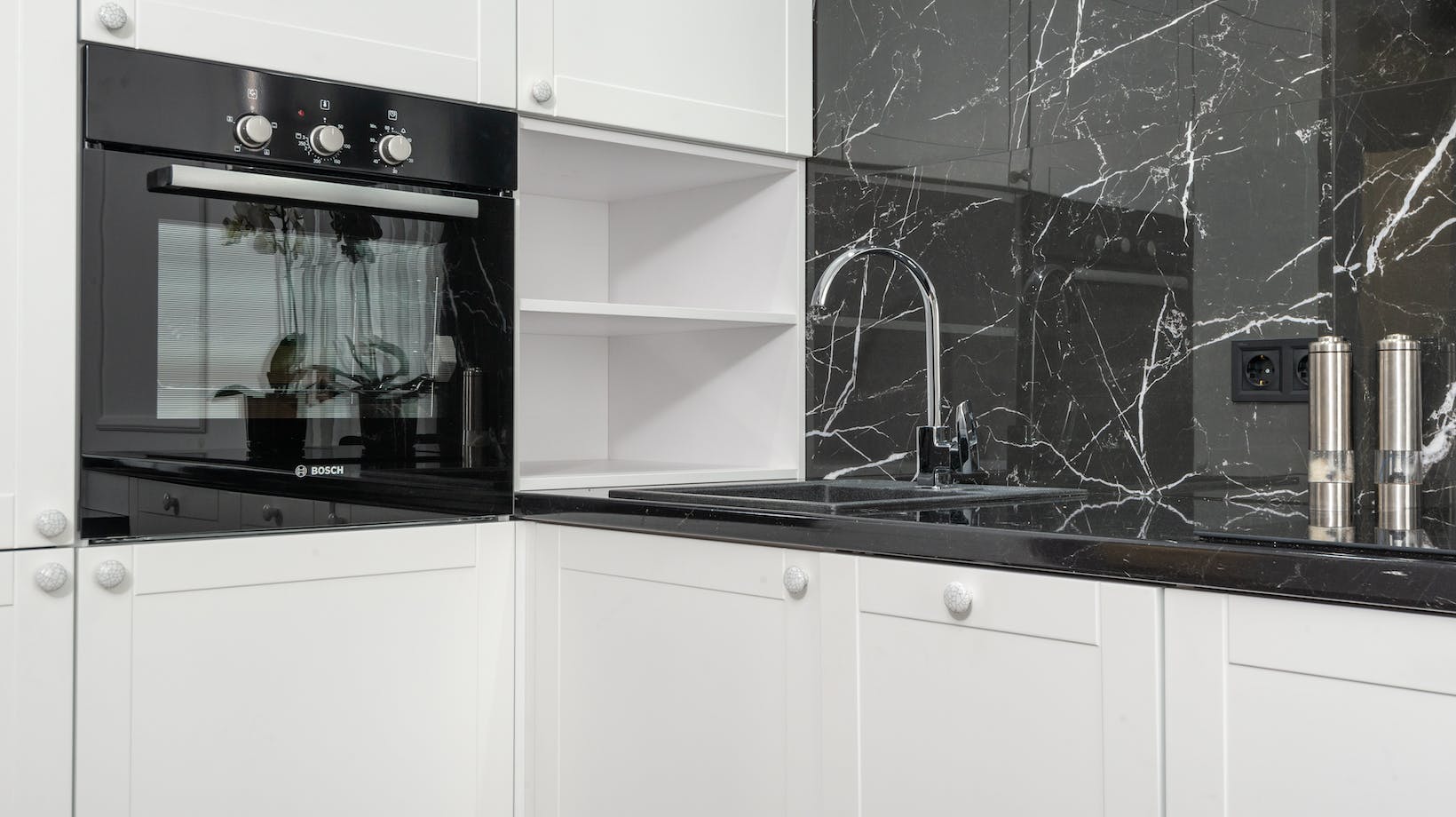
Safety And Home Appliances: Important Aspects And Recommendations
From washing machines to stoves and electronics, household appliances make household chores much easier. However, powerful motors, heating elements, and moving parts also pose risks if not handled properly. This article describes the most common dangers and offers tips on how to use your useful home helpers safely.
Understanding The Associated Dangers of Household Appliances
Dangers primarily arise from defective parts or improper use. Potential problems include electric shocks due to frayed wiring, gas leaks and explosions, serious lacerations from blades, burns from hot surfaces, and poisoning from gas or chemical fumes. Additionally, undetected fuel leaks, faulty electrical circuits, and accumulated dust and soot increase the fire hazard. Realizing the range of risks is the first step to prevention.
Prioritize Electrical, Fire And Gas Safety
While the specific risks vary considerably between appliance categories, potential incidents involving electricity, fire, and gas are at the heart of many safety issues and the condition of appliance parts. Make sure all appliances receive sufficient voltage to meet their energy needs. Keep flammable materials away from appliances that generate heat. Check regularly for gas leaks near stoves and after earthquakes. Keep children and pets away from hot surfaces, motors, and moving parts.

Follow the Ultimate Practices For Using And Maintaining Household Appliances
Careful reading of operating instructions and specifications before use prevents many accidents. Always wear gloves when handling hot cookware or plates to avoid burns. Make sure that the appliances are firmly placed on a level surface according to the installation instructions. Unplug appliances from the wall outlet before any internal cleaning or repair. Check cords frequently for damage and keep cooktops clean to minimize the risk of fire. In addition, following the manufacturer’s maintenance recommendations, such as cleaning the dryer ducts, contributes to the longevity and safety of the appliance.

Store Your Appliances Safely
Proper storage limits unsupervised interaction with children and pests who may unintentionally activate the appliances. In addition, exposure to dust, dirt, humidity, and temperature extremes during storage increases the wear and tear on rarely used specialty appliances, which can eventually lead to defects in later operation. Regularly check your storage facilities to ensure that no hazardous materials have leaked during long-term storage.
Conclusion
To summarize, household appliances need conscientious care and supervision to ensure that they operate reliably and for a long time. Prioritizing electrical, fire, and gas warnings in the proper use, storage, and maintenance of equipment minimizes safety pitfalls for trouble-free operation.




















































































